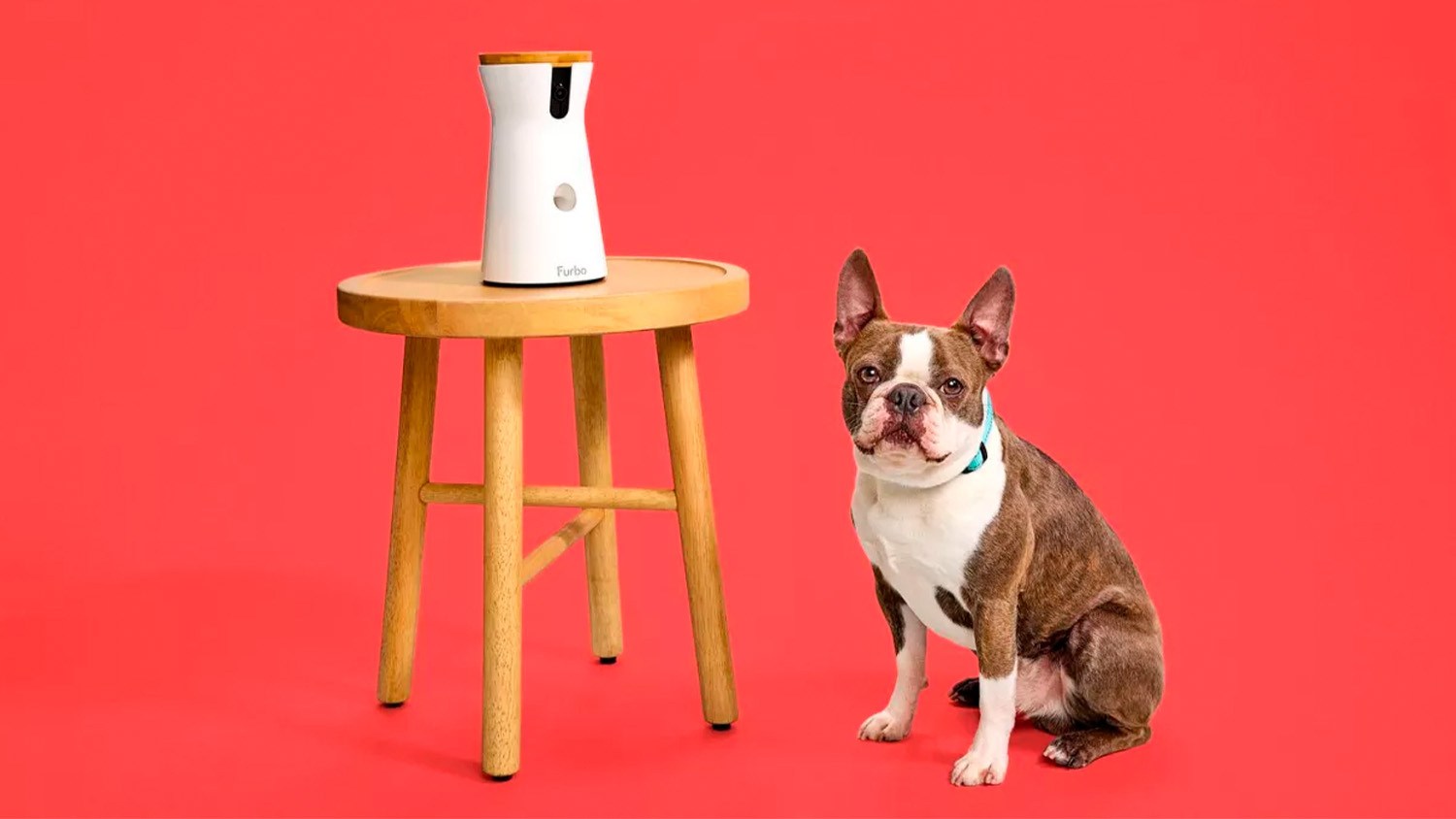MEMPHIS, Tenn. — Mental health help calls in a time of the coronavirus crisis are spiking.
The federal government said their Disaster Distress Helpline has seen an increase in calls by almost 900% compared to this time last year.
The coronavirus has caused job loss, forcing families to figure out how to educate their children at home while balancing a new socially isolated lifestyle, not to mention fear of the virus itself and what could happen to families.
“We begin to fill our mind with additional worries and stress that we have not had to think about before,” CEO of Tennessee Voices Rikki Harris said.
New numbers from the Department of Health and Human Services show more Americans are reaching out for mental health help.
Last month, the department announced a 338% increase in calls to the Disaster Distress Helpline compared to the month before.
Looking further back, the department saw a 900% increase in calls last month compared to the same time last year.
“Then you have people who are already struggling with substance abuse needs or mental health needs, and we’re worried,” Harris said.
Harris, whose advocacy organization helps with mental health treatment and substance abuse, said while the numbers are big, it’s encouraging to see people are reaching out for help.
“Right now the IT team at the agency is looking at data with us from February and March,” said Michael Sims, Jail Diversion Coordinator with Alliance Healthcare,
Sims said his team is also analyzing data.
“We’re here for you if you need any assistance,” he said. “If you need to talk to someone, please don’t be afraid.”
Harris said there are lots of tele-health and therapy options available, and self-care during this time is critical.
“It’s making sure that you are managing here so that you can help manage whoever else you’re responsible for,” Harris said. “You gotta have a plan for yourself.”
Below is a list of mental health resources available for anyone in need:
- Disaster Distress Helpline/Substance Abuse and Mental Health Services Administration — call 1-800-985-5990, text ‘TalkWithUs’ to 66746 or go to http://disasterdistress.samhsa.gov/
- Alliance Healthcare — 901-577-9400 crisis line or http://www.alliance-hs.org/crisis-line
- Tennessee Voices — TNvoices.org
- State of Tennessee — call 855-CRISIS1, available 24/7

















